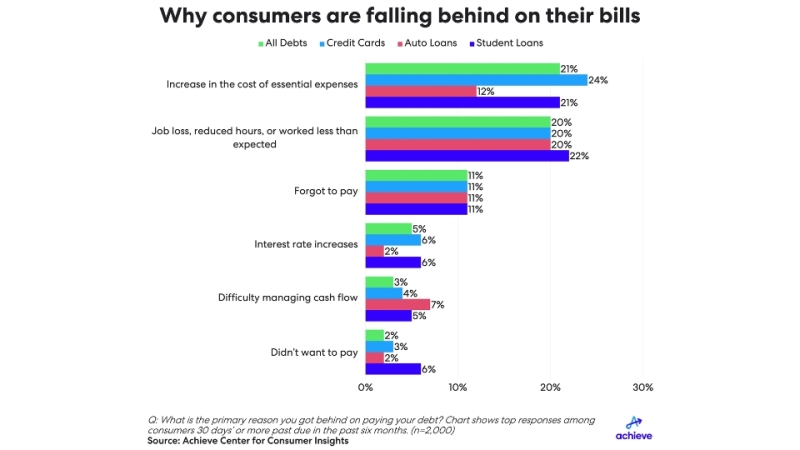Advertisement
Trend Spotter: Real estate investors ... “Where’s my bailout?”

How would you like to generate some business with qualified real estate investors using three simple strategies that have been lost in all the “bailout” noise and confusion?!
Strategy #1: Utilize a reverse mortgage to purchase a two- to four-unit property
Until the end of 2009, an investor who is age 62 or older can purchase a two-, three- or four-property worth up to $625,500 with a 30 percent to 35 percent downpayment, live in one of the units, generate income by renting out the other units, and never have to make a mortgage payment for the rest of their entire life. This opens up a lot of options for seniors and investors who are wondering how to supplement their retirement income now that their house values and retirement accounts have plummeted.
The reverse mortgage for home purchase transactions became available on Jan. 1, 2009, and the higher nationwide loan limit of $625,500 (regardless of county) became available several months ago as part of the 2009 economic stimulus plan. Investors who are trying to sell their duplexes, triplexes or four-unit properties can utilize this strategy in their marketing as a way of stimulating potential buyers. The temporary higher loan limit really opens up a lot of new options that were not otherwise available for senior investors. The purchase price of the property can even be greater than $625,500, but the investor would need to come to closing with more cash to make up the difference. Remember, the $625,500 limit expires at the end of this year, and reverts back to $417,000 in 2010, so your investor clients will need to take action now.
Strategy #2: First-time homebuyer tax credit … for investors!
The $8,000 first-time homebuyer tax credit can also be utilized on one- to four-family properties. The greatest thing is that not all buyers need to be first-time homebuyers. This means that an individual who qualifies for the credit can get their parents to co-sign on the loan and/or contribute to the downpayment, and this would not disqualify the individual from taking the credit. A group of friends, relatives or investors could get together and buy a duplex, triplex or four-unit property, and the credit can be claimed by any one or more of the investors as long as the individual(s) claiming the credit live in one of the units as their primary home for at least three years. They could claim the credit even though they are generating income by renting out one or more of the other units.
The maximum Federal Housing Administration (FHA) loan-limit on four-unit properties ranges from $521,250 in low-cost housing markets, up to $1,403,400 in the highest cost markets of the country. An investor who is trying to sell their one- to four-family unit property can also utilize this strategy to stimulate potential buyers. This strategy just became a whole lot easier now that the FHA allows the credit to be utilized as part of the buyer’s downpayment by either borrowing against it or selling it to their lender or another third party. Even if the buyer doesn’t use the credit for their downpayment, they can file a form with the IRS to get a refund check this year and they don’t have to wait until they file their 2009 tax returns in April of 2010. Remember, this opportunity ends when the credit expires on Nov. 31.
Strategy #3: Rent-to-own and sale-leaseback opportunities
There are a large number of distressed homeowners who will not qualify for the mortgage modification plans announced by the government. These homeowners still need a place to live, and many will not be able to qualify for conventional or government mortgage financing for at least another three to five years.
A rent-to-own strategy is where an investor or real estate agent takes a potential homebuyer house shopping even though the buyer can’t qualify for traditional financing. The investor buys the house, rents it to the tenant who picked out the house and wants to live there, and gives the tenant the right to buy the home at a pre-determined price at some point in the future. A sale-leaseback strategy is where a homeowner sells their current property to an investor and then pays the investor rent, with the option to buy back the home at a pre-determined price at some point in the future.
While most real estate investors are scrambling to find tenants for their vacant properties, savvy investors could utilize either a rent-to-own or a sale-leaseback strategy to find tenants before they commit their investment dollars to a specific property. This is a fantastic opportunity for investors to work with the large population of people who won’t qualify for the government foreclosure prevention plans. Did you know that, in many cases, servicers are actually required by law to foreclose on distressed borrowers who have ample equity in their homes because the net present value of the servicer’s recovery through a foreclosure sale is higher than the net present value of their recovery through a loan modification plan? Properly structured sale-leasebacks (as long as they are not prohibited by the laws of your state) could be utilized in these cases to help the home owner avoid the foreclosure and recover some of the remaining equity in their home.
The sale-lease back could also be a fabulous strategy to help fill the void left by the disappearance of stated-income loans. Say you have a self-employed individual who has 50 percent-60 percent equity in their home, but cannot qualify for traditional cash-out mortgage financing. A properly structured sale-leaseback could allow the client to access the equity in their home and avert a disastrous situation due to lack of liquidity.
There are a few potential landmines to avoid when structuring these types of transactions. It is illegal in some states to do a sale-leaseback transaction for someone currently going through foreclosure. Also, if the tenant defaults on their rent or walks away from the deal, the investor could be left holding the bag. On the other hand, if the investor defaults on the mortgage and goes into foreclosure, the tenant may be evicted by the new owner. The Helping Families Save Their Homes Act (S 896, signed into law in May 2009) provides two minimum guidelines that protect tenants in these and other situations:
► Tenants are now allowed to occupy the property until the end of their lease term (even after the landlord goes through foreclosure) as long as the new buyer does not intend to occupy the new home as their own primary residence.
► If the new buyer intends to occupy the home as their own primary residence, the tenant must be given a 90-day notice before being forced to leave.
In all these cases, it is crucial to be properly trained in the nuances of how to structure transactions in ways that minimize risk to the clients. Becoming a Certified Mortgage Planning Specialist (CMPS) equips you with the unique knowledge, skills and resources to help investors, homeowners and homebuyers successfully implement these strategies and navigate the ever turbulent mortgage and housing markets.
Gibran Nicholas is the founder and chairman of the CMPS Institute, which administers the Certified Mortgage Planning Specialist (CMPS) designation. The CMPS Institute has enrolled more than 5,500 members since its founding in 2005. Gibran is also the chairman of Published Daily, a customizable online magazine, newsletter and marketing service that helps professionals transform their clients and prospects into a referral-generating sales force. He may be reached at (888) 608-9800, ext. 101.
About the author





